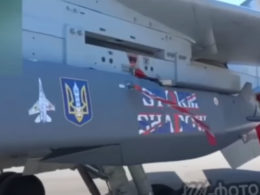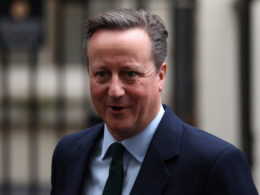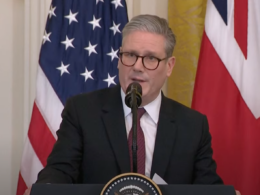The British Defense Ministry reported on 15 July that Russia had increased domestic gas prices by 11.2% from 1 July 2024 to boost revenues from its internal market.
This move comes as a response to the loss of the European market due to sanctions imposed for Russia's invasion of Ukraine.
According to the ministry's intelligence review on 15 July, this aims to increase revenues from Russia's domestic market in response to the loss of natural gas exports to Europe.”
The report highlights that Gazprom, Russia's state-owned energy company, suffered a net annual loss of approximately $6.9 billion in 2023, marking its largest annual loss in 25 years.
The British intelligence assessment suggests that Russian inflation will likely remain above the Central Bank's target of 4% in the second half of 2024. This is attributed partly to the rise in domestic gas prices and other household costs and increased government spending primarily driven by the invasion of Ukraine.
"Gas prices for Russian households are estimated to have increased by nearly 34 percent since the start of the invasion, despite Russia being the world's second-largest natural gas producer in 2023," the ministry states. It further predicts that prices will rise by another 8.2% in 2025, which "will almost certainly add to inflationary pressures in Russia’s economy and weaken the spending power of ordinary Russians."
These developments are reportedly part of a broader trend of economic challenges faced by Russia since its full-scale invasion of Ukraine began.
British intelligence reported in the previous review that Russia's average daily losses in killed and wounded in May and June 2024 had risen to the highest level in the entire period of its war of aggression against Ukraine.
The UK intel also reported that over the past year, the frequency and effectiveness of Ukraine's strikes against Russia's Black Sea Fleet has increased significantly.
Read also:
- Negotiations for Swedish Gripen jets continue, Ukraine confirms
- Poland’s proposal to shoot down Russian missiles rejected by NATO Secretary General
- Some 50 British and Ukrainian enterprises strengthen defense ties at UAV production conference
- UK Prime Minister: Ukraine can use British Storm Shadow missiles to strike Russia





